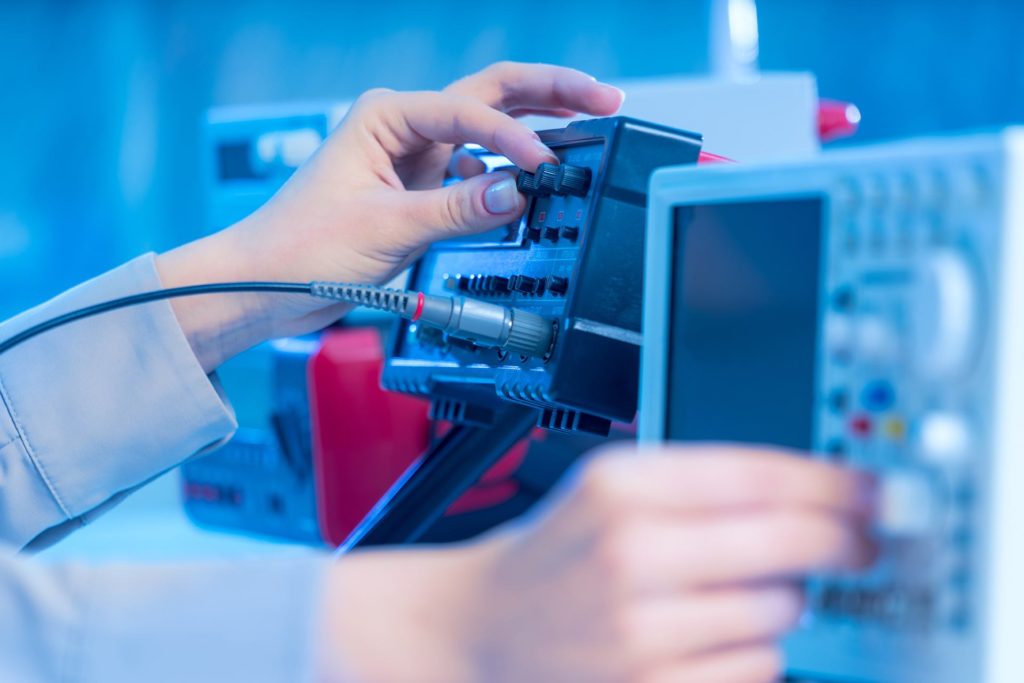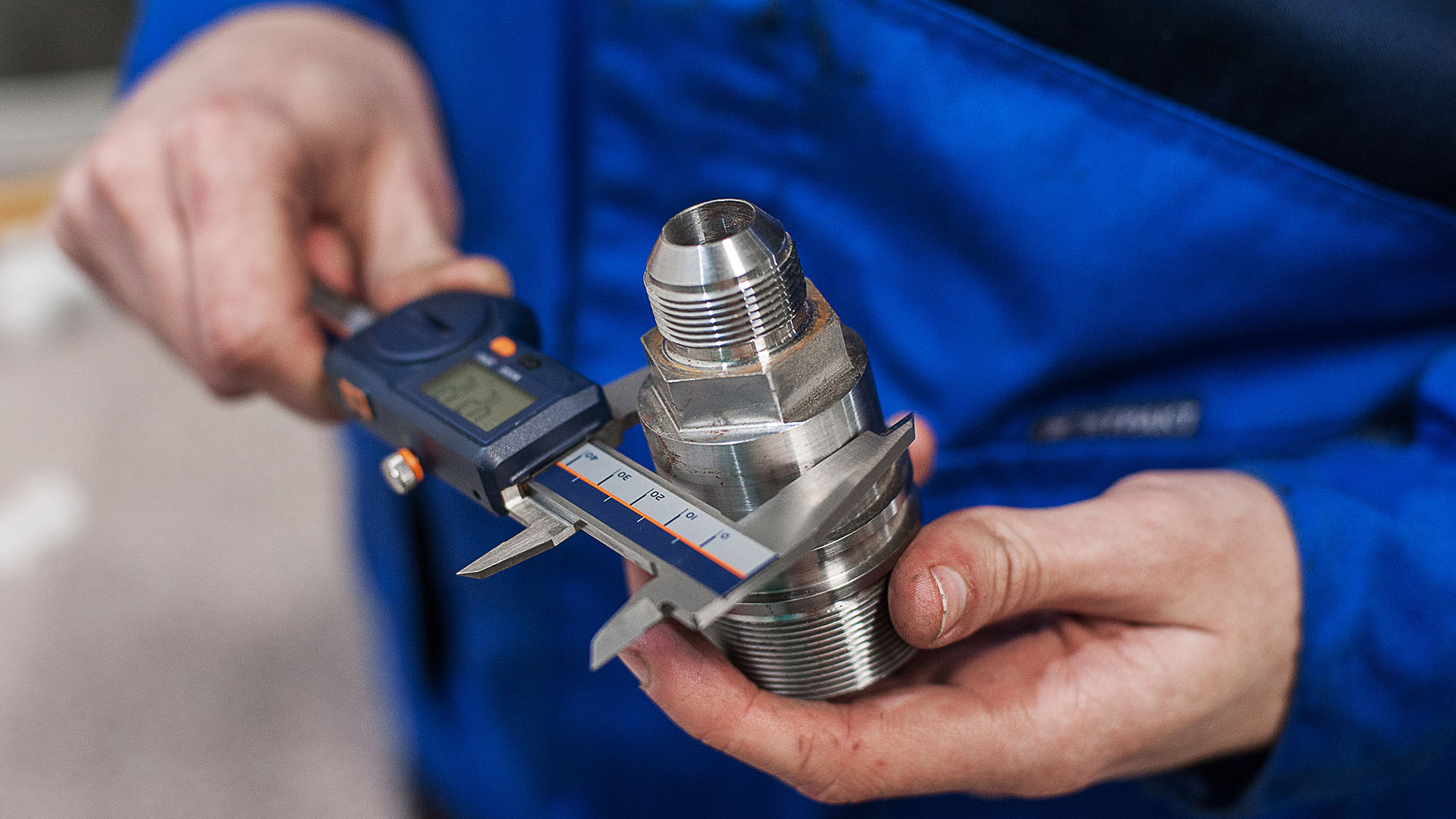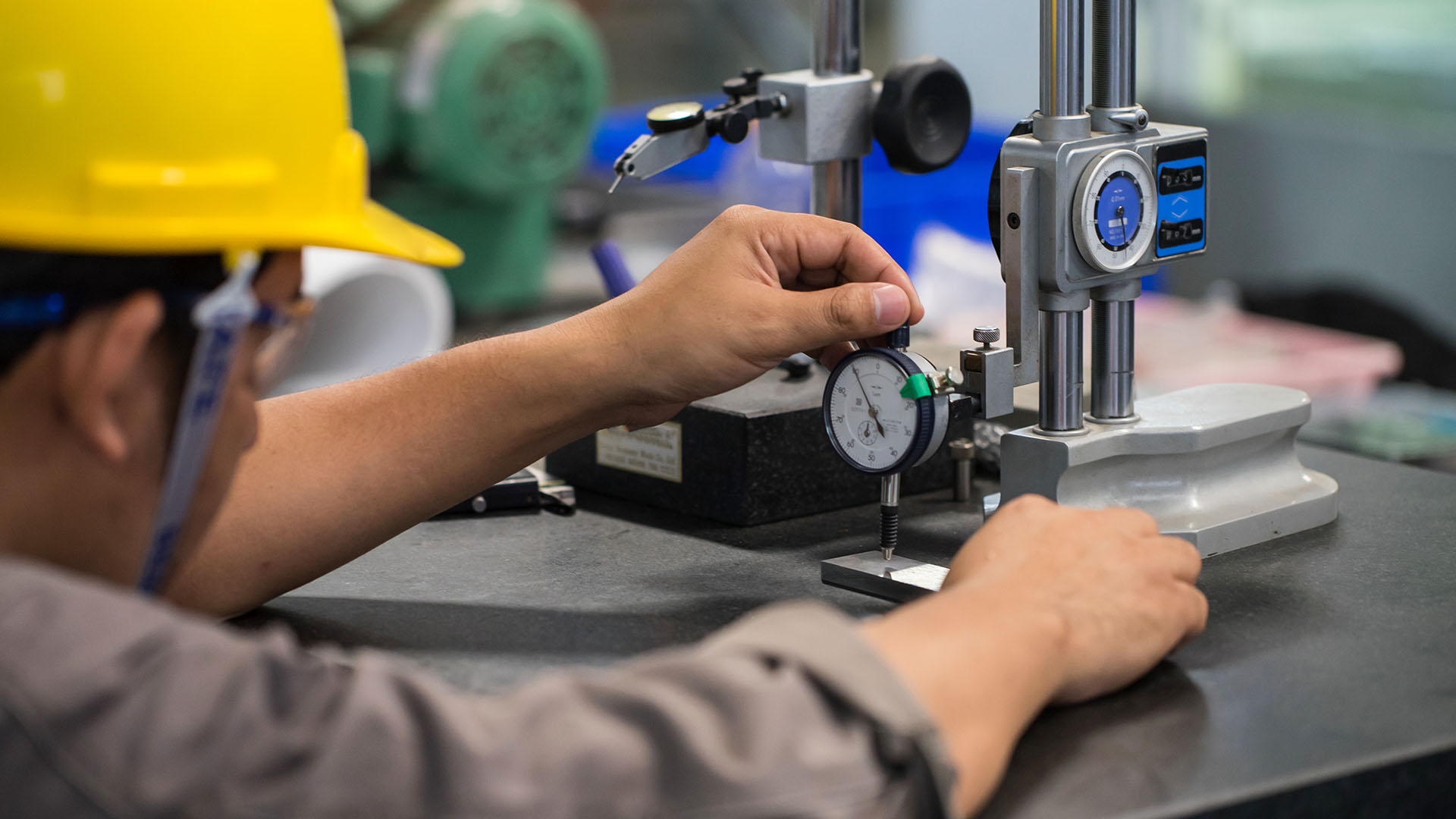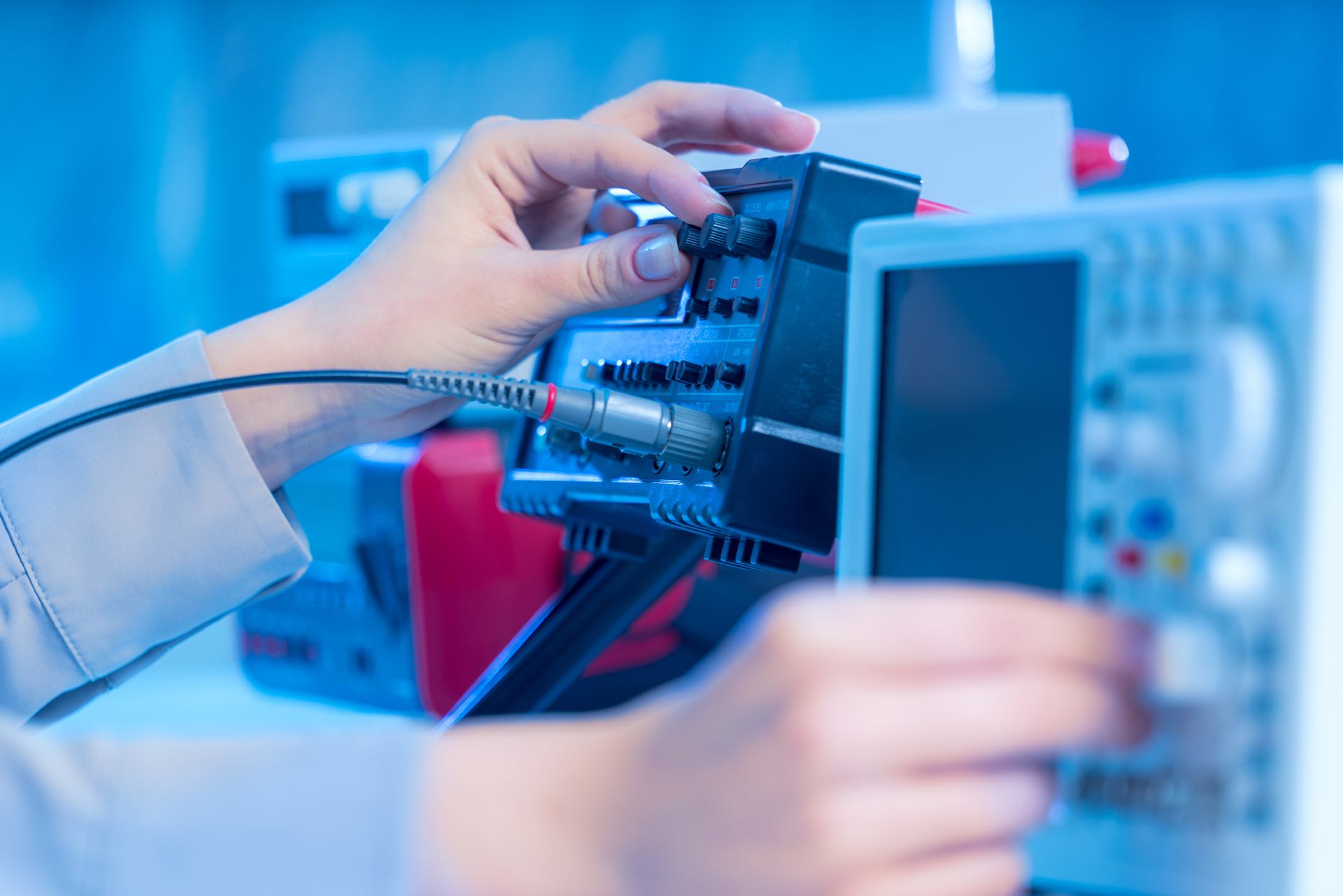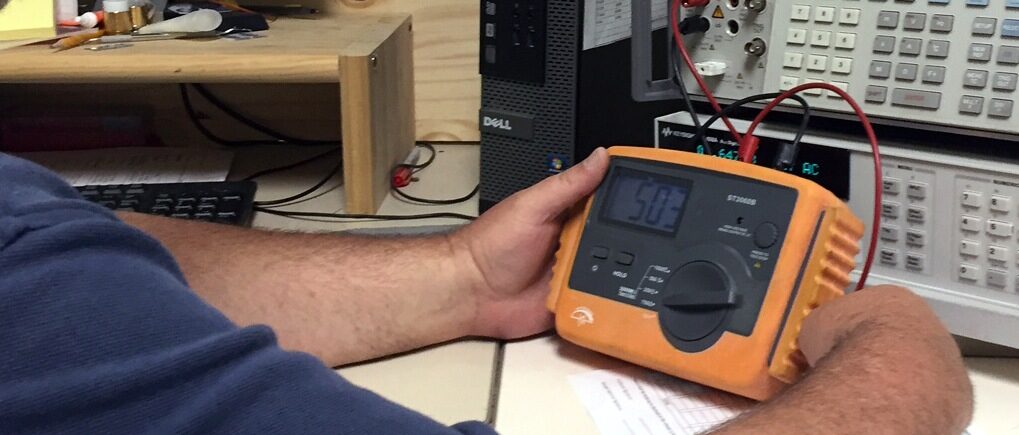Discover Why Calibration is Vital: Importance of Calibration Explained
At EML Calibration, we understand the magnitude of precision in today’s fast-paced and ever-evolving world. Accuracy is not just a luxury but a necessity in various industries and sectors. That’s why calibration holds such immense importance.
It ensures that measuring instruments and equipment are accurate and reliable, leading to precise measurements and dependable results. But why exactly is calibration crucial? What are the standards and certificates involved? How often should calibration be performed?
Join us as we explore the answers to these questions and delve into the intricate world of calibration, providing you with the knowledge you need to make informed decisions.
The importance of Calibration
At EML Calibration, we understand the paramount importance of calibration in ensuring reliable and accurate measurements. Calibration plays a significant role in avoiding the production of inaccurate parts.
But why is calibration necessary? The answer is that calibration ensures accurate measurements, crucial in various industries such as manufacturing, engineering, and scientific research. Without proper calibration, measurements can be off, leading to faulty products, wasted resources, and potential safety risks.
Calibration also guarantees the validity of test results and improves the overall quality control process. By regularly calibrating instruments, we can ensure that they function correctly and produce accurate readings.
Reasons Why Calibration is Crucial
Calibration is crucial for ensuring accurate measurements and avoiding producing faulty products. It’s of utmost importance because it directly impacts the confidence that users and businesses have in the measurements obtained.
When measurements are inaccurate, it can lead to significant consequences such as safety hazards, financial losses, and damage to reputation. Calibration provides a systematic and documented approach to verify the accuracy of measuring instruments, ensuring that they’re performing within acceptable limits. This gives users confidence in their measurements and helps businesses meet regulatory requirements and maintain quality standards.
Calibration Standards
After understanding the importance of calibration for accurate measurements and maintaining quality standards, it’s essential to discuss the role of calibration standards.
Calibration standards are reference devices or artifacts used to calibrate measuring instruments. They provide a known and traceable value against which the accuracy of instruments can be compared.
Calibration standards ensure that measurements are consistent and reliable across different instruments and laboratories. They help verify instruments’ accuracy and reliability, thus providing the quality of products and services.
Without calibration standards, there would be no way to determine whether an instrument provides accurate measurements. By calibrating instruments against known standards, organizations can have confidence in their measurement results, meet regulatory requirements, and demonstrate their commitment to quality.
Calibration Certificate
We ensure the accuracy and reliability of our calibration services by issuing a calibration certificate.
A calibration certificate is an essential document that confirms an instrument has been calibrated to meet specific standards. It proves that the equipment has undergone calibration and provides vital information such as the calibration date, the method used, and the results obtained.
This certificate is essential for several reasons:
- It ensures that the instrument calibration is performed correctly and accurately.
- It helps organizations comply with industry regulations and quality standards that require calibrated equipment.
- It provides confidence to customers and stakeholders that the equipment being used is reliable and accurate.
At EML Calibration, we understand the importance of calibration certificates and strive to provide our customers with comprehensive and detailed documentation to support their calibration needs.
Calibration Interval
A clear understanding of the calibration certificate ensures that organizations can determine the appropriate calibration interval for their equipment. Calibration is essential because it guarantees that equipment is operating accurately and reliably. By calibrating equipment regularly, organizations can maintain the quality of their products and services.
But why is calibration so necessary? Well, calibration helps to identify any deviations or errors in measurements, allowing for adjustments or repairs to be made to the equipment. Annual equipment calibration is crucial because it helps to minimize measurement uncertainties and prevent potential errors in data. It also ensures that equipment complies with industry standards and regulations.
That’s why equipment calibration is essential in maintaining accuracy and reliability in various industries.
Accuracy
Calibration plays a critical role in ensuring the accuracy of equipment measurements. Instrument calibration is essential wherever measurements are necessary. It enables users and businesses to have confidence in the accuracy of their equipment, ensuring that the measurements they obtain are reliable and trustworthy. The answer lies in the fact that even the slightest deviation in measurement accuracy can have significant consequences. In fields such as healthcare, aerospace, and manufacturing, where precision is crucial, calibration ensures that the equipment is appropriately adjusted and aligned to provide accurate readings. Without calibration, there’s a risk of errors, which could lead to costly mistakes or compromised product quality. Therefore, calibration is integral to maintaining accuracy and precision in measurements.
Measurement
Precise measurement is essential in various industries to ensure accurate and reliable results. Measurement determines an object or substance’s size, quantity, or capacity. It involves using instruments or tools to obtain numerical values that represent the physical properties of the object being measured.
Calibration plays a crucial role in measurement because it ensures that the instruments used are accurate and provide consistent and traceable results. Calibration involves comparing the measurements taken by an instrument to a known reference standard and making adjustments if necessary.
By calibrating instruments regularly, organizations can maintain the integrity of their measurement systems and have confidence in the accuracy of their results. With calibration, measurements may be accurate, leading to faulty products, compromised safety, and financial losses.
Therefore, calibration is essential in ensuring the reliability and quality of measurements in various industries.
Quality control
Effective quality control is crucial for ensuring the reliability and consistency of products and services. At EML Calibration, we understand the importance of maintaining high standards in quality control. By implementing rigorous quality control measures, we can identify and rectify any issues or deviations in the calibration process. This helps us deliver accurate and reliable calibration results and instills confidence in our customers.
Our quality control procedures involve regular inspections, testing, and calibration of our equipment to ensure its accuracy and reliability. We also adhere to industry standards and guidelines to guarantee the quality and consistency of our calibration services.
Through our commitment to effective quality control, we aim to assure our customers that their measurement instruments are calibrated to the highest standards of accuracy and reliability.
Precision
With an unwavering focus on accuracy, EML Calibration ensures precision in every calibration process. We understand that precision is crucial in obtaining reliable and consistent results. Our highly skilled technicians utilize state-of-the-art equipment and follow stringent procedures to guarantee accuracy in every calibration we perform.
We consider measurement uncertainty, traceability, and repeatability to ensure our calibrations meet the highest precision standards. By maintaining precise measurements, we help our customers improve the quality of their products and reduce the risk of errors or inaccuracies in their processes.
At EML Calibration, precision isn’t just a goal but a fundamental principle that guides our work and ensures customer satisfaction.
Instrumentation
Our unwavering commitment to precision extends to the instrumentation we use at EML Calibration. We understand that accurate calibration results rely on the quality and reliability of our equipment. That’s why we invest in state-of-the-art instrumentation that meets industry standards.
Our advanced tools and technology enable us to calibrate various instruments accurately and efficiently. From electrical and temperature instruments to pressure and torque equipment, we have the proper instrumentation to handle diverse calibration needs.
Additionally, we regularly maintain and calibrate our instruments to ensure their continued accuracy. Using reliable and well-maintained instrumentation, we can provide our customers with precise and reliable calibration services that meet their requirements.
Traceability
Traceability is a crucial aspect of calibration, ensuring that measurements can be linked to recognized standards. It provides a clear and documented path to obtaining a measurement value, allowing for transparency and accountability. This is achieved by establishing a chain of comparisons to national or international measurement standards.
By having a traceable calibration process, we can have confidence in the accuracy and reliability of our measurements. Traceability also enables us to have consistency and comparability between different measuring instruments and laboratories. It allows us to confidently compare results from other sources and ensure they’re within acceptable limits.
With traceability, there’s a risk of accurate measurements, which can lead to faulty products, incorrect decisions, and potential safety hazards. Therefore, traceability is essential in maintaining quality and reliability in calibration.
Metrology
What is the significance of metrology in calibration?
Metrology is crucial in calibration, providing the framework for ensuring accurate and reliable measurements. It encompasses the science of measurement and the establishment of traceability, which is vital in calibration.
Metrology establishes the standards, methods, and procedures for measurement, ensuring that all instruments are calibrated to a known and traceable reference. This ensures that measurements are consistent, reliable, and comparable across different instruments and laboratories.
By adhering to metrological principles, calibration laboratories can provide confidence in the accuracy and reliability of their calibration results. Metrology also helps to identify and quantify measurement uncertainties, allowing for a more comprehensive understanding of the measurement process.
Frequently Asked Questions
How Often Should Equipment Be Calibrated?
Equipment should be calibrated regularly to ensure accuracy and reliability. Our team at EML Calibration recommends following manufacturer guidelines and industry standards to determine the appropriate frequency for calibration.
What Are the Consequences of Not Calibrating Equipment?
Not calibrating equipment can lead to inaccurate measurements, decreased product quality, and potential safety hazards. At EML Calibration, we understand the importance of calibration in ensuring reliable and precise results for our customers.
Can Calibration Be Done In-House, or Should It Be Outsourced?
Calibration can be done in-house or outsourced depending on available resources and expertise. However, outsourcing calibration to a reputable company like EML Calibration ensures accuracy, adherence to standards, and peace of mind.
What Factors Can Affect the Accuracy of Calibration?
Factors affecting calibration accuracy include environmental conditions, equipment age and condition, human error, and reference standards’ quality. Ensuring these factors are properly managed is crucial for reliable calibration results.
How Can I Ensure My Calibration Results Are Traceable and Meet Regulatory Requirements?
We ensure our calibration results are traceable and meet regulatory requirements by following industry standards, maintaining meticulous records, and regularly participating in proficiency testing. Our commitment to excellence guarantees reliable and accurate calibration services.
Conclusion
In conclusion, calibration is an essential process that ensures the accuracy and reliability of measuring instruments and equipment. It plays a crucial role in various industries, such as manufacturing, engineering, and scientific research, by guaranteeing precise measurements and dependable results.
EML Calibration is dedicated to providing exceptional calibration services, using state-of-the-art facilities and highly trained technicians. We understand the importance of precision and strive to give our customers the confidence and peace of mind they deserve.
Trust EML Calibration for all your calibration needs.

